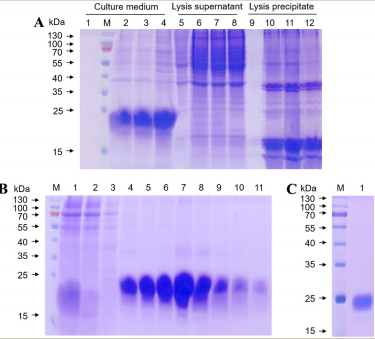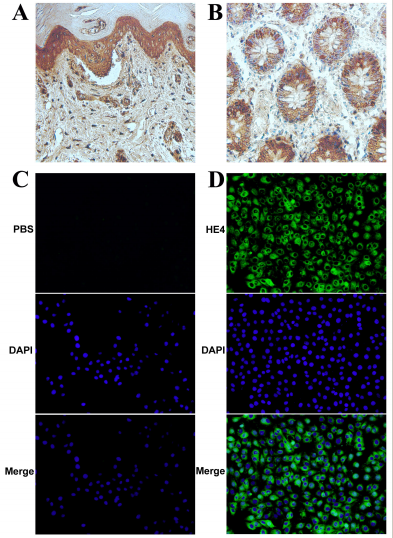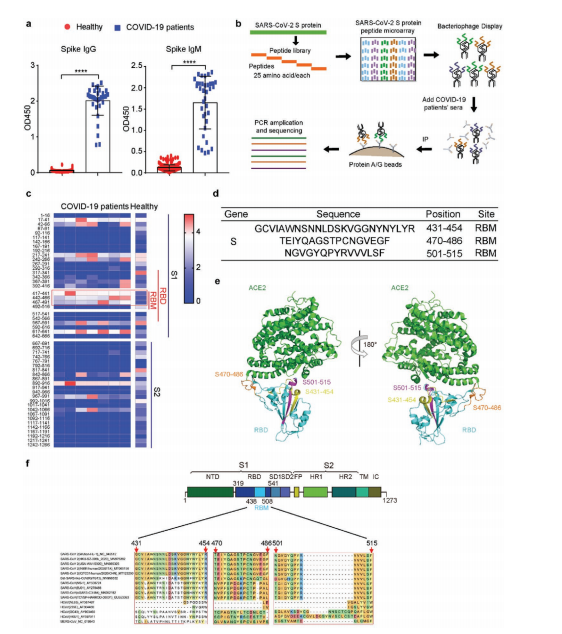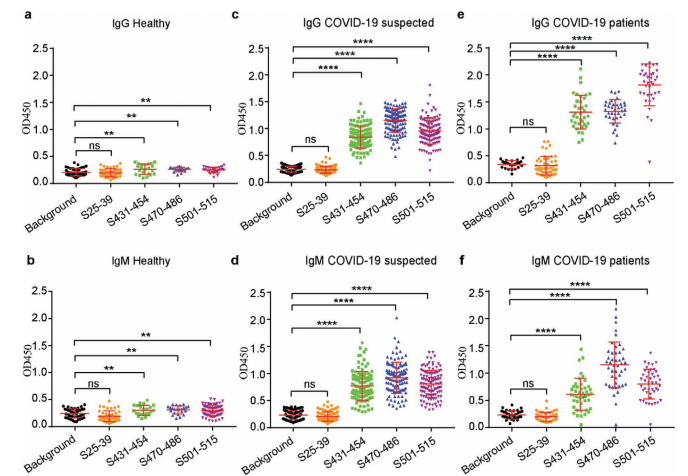AtaGenix Laboratories
AtaGenix Laboratories
Professional antibody production services for post-translational modifications research - Your trusted partner in protein modification studies
Proteins are essential executors that regulate various cellular functions, determining whether life activities proceed in an orderly and efficient manner. Protein post-translational modifications (PTMs) play a crucial role in this process. PTMs alter the chemical properties or structure of proteins through covalent addition of functional groups, proteolytic cleavage of regulatory subunits, or degradation of entire proteins. This enables proteins to have more complex structures and diverse functions, ultimately achieving fine-tuned regulation of biological functions.
These modifications include phosphorylation, glycosylation, ubiquitination, acetylation, nitrosylation, methylation, succinylation, and many others. PTMs play vital roles in cell biology research, disease pathogenesis studies, and therapeutic prevention.
Protein phosphorylation participates in almost all cellular activities in the body. Detecting phosphorylated proteins is crucial for studying various developmental disorders and human diseases. Our phosphorylation antibodies can specifically recognize phosphorylated amino acid sites and distinguish between phosphorylated and non-phosphorylated forms.
Protein methylation typically refers to arginine or lysine methylation in protein sequences. In histones, methylation can suppress or activate gene expression and is closely related to cancer, aging, Alzheimer's disease, and other conditions. Our methylation antibodies enable precise detection and analysis.
Protein acetylation involves adding acetyl groups to lysine residues under acetyltransferase action. This mechanism controls gene expression, protein activity, and physiological processes. Our acetylation antibodies provide reliable detection of acetylated proteins.
Glycosylation is the enzyme-controlled process of adding sugar moieties to proteins or lipids. This important modification regulates protein function and can be classified into three types based on glycoside chain types. Our glycosylation antibodies offer comprehensive detection capabilities.
Lysine succinylation was first reported in 2010 as a novel post-translational modification. This evolutionarily conserved modification responds to different physiological environments and plays important regulatory roles. We provide specialized succinylation antibodies for cutting-edge research.
Discovered in 2019, lactylation represents a breakthrough in understanding the "Warburg effect." This histone modification by lactate functions in gene transcription regulation and is widely present in tumor cells, activated immune cells, and cell reprogramming processes.
| Service Item | Client Provides | Service Content | Service Period | Deliverables |
|---|---|---|---|---|
| Modified Polyclonal Antibody Production | Antigen Information | • Peptide Design • Peptide Synthesis & Conjugation • Animal Immunization • Antiserum Detection • Antibody Purification • Quality Control • Technical Report |
10-12 weeks | • Peptide • Unpurified Antiserum Sample • Purified Antibody 3-5 mg • Technical Service Report |
| Service Item | Client Provides | Service Content | Service Period | Deliverables |
|---|---|---|---|---|
| Modified Monoclonal Antibody Production | Antigen Information | • Antigen Design • Peptide Synthesis & Conjugation • Immunization (Rat/Mouse) • Fusion • Subcloning • Antibody Production & QC • Technical Report |
2-3 months | • Peptide • Monoclonal Antibody 2 mg • Monoclonal Cell Lines (1-3 clones) • Technical Service Report |
We only need your target protein sequence and modification site information to provide professional antigen design services at no additional cost.
Advanced synthesis technology for various modifications including phosphorylation, methylation, acetylation, glycosylation, succinylation, and lactylation.
Two-round affinity purification using both modified and unmodified peptides to ensure high specificity and eliminate cross-reactivity.
Choose between polyclonal and monoclonal antibody production based on your specific research needs and budget requirements.
Contact our expert team today to discuss your protein modification antibody requirements
Get StartedA 2017 study developed a high-affinity anti-HE4 monoclonal antibody (9C3) using AtaGenix’s advanced mammalian expression and hybridoma platforms. This breakthrough enhances ovarian cancer diagnostics by targeting the HE4 biomarker with high specificity, offering potential for early detection and therapy.


This article highlights a 2021 Small Methods study that identified immunogenic peptides in the SARS-CoV-2 spike protein and isolated neutralizing monoclonal antibodies from COVID-19 patients. The research pinpointed key RBM epitopes (S431-454, S470-486, S501-515), with S470-486 emerging as an immunodominant target for diagnostics and therapeutics. Using phage display and ScFv libraries, the study validated epitope mapping and antibody functionality. Supported by AtaGenix’s expertise in phage display, protein expression, and assay development, this breakthrough offers a scalable approach for combating emerging viral pathogens, updated as of August 24, 2025.

